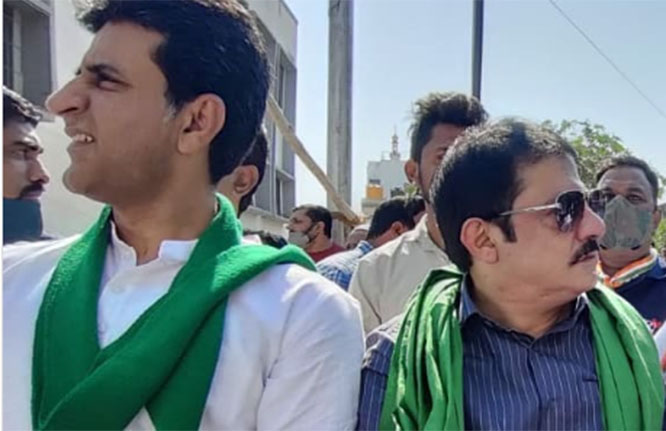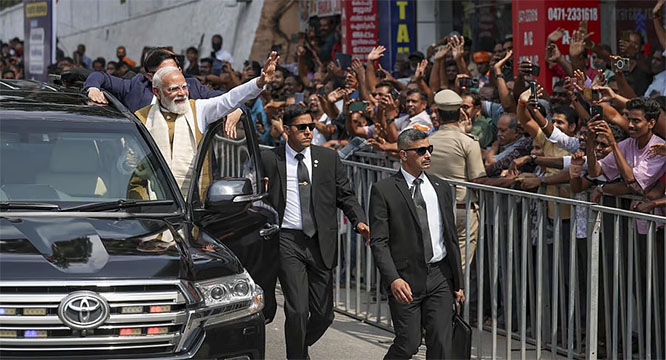
Bengaluru, May 26: JD(S) leader and former Karnataka chief minister H D Kumaraswamy on Friday slammed the "hypocrite Congress" for boycotting the inauguration of the new Parliament building.
The Congress and some other political parties have decided to shun the inauguration of the building on May 28 saying that it should have been done by President Droupadi Murmu and not Prime Minister Narendra Modi.
A day after former prime minister and JD(S) supremo H D Deve Gowda announced his decision to attend the inauguration, his son and the JD(S) second-in-command Kumaraswamy said the call given by Congress showed its double standard to advance its "trivial politics" to turn votes in its favour by "pleasing certain communities".
The JD(S) leader, however, clarified that the stand taken should not be perceived as his party's soft corner for the BJP.
Addressing reporters here, Kumaraswamy said the JD(S) had a detailed discussion on the topic and finally it was agreed upon that it will attend the inauguration on May 28.
The former chief minister said the Parliament building has not been built by a party but rather using the taxpayers money. However, Congress and a few other parties have decided to boycott the inauguration saying that it should be unveiled by the President, who belongs to the tribal community, he added.
Kumaraswamy reminded the Congress that the foundation stone of the Chhattisgarh Assembly building was laid by Sonia Gandhi and Rahul Gandhi and not the Governor.
"In Karnataka too, the foundation of the Vikasa Soudha was inaugurated by the then Congress Chief Minister (Dharam Singh) in 2005 and not the Governor (at the time). This is the doublespeak of Congress, which seeks to turn votes in its favour by raising trivial political issues to appease certain communities," Kumaraswamy said.
He also sought to know why the Congress had fielded former Union minister Yashwant Sinha against Murmu during the presidential election if it had so much respect for a tribal woman.
"If you truly had respect for a tribal woman, you should have elected her unopposed since it's a presidential election. Why did you field Yashwant Sinha? Now, you have developed respect for her! We can see through your hypocrisy behind the respect for President Murmu," Kumaraswamy said.
He also advised the Congress not to spoil its respectful position by indulging in petty politics.








Comments
Add new comment